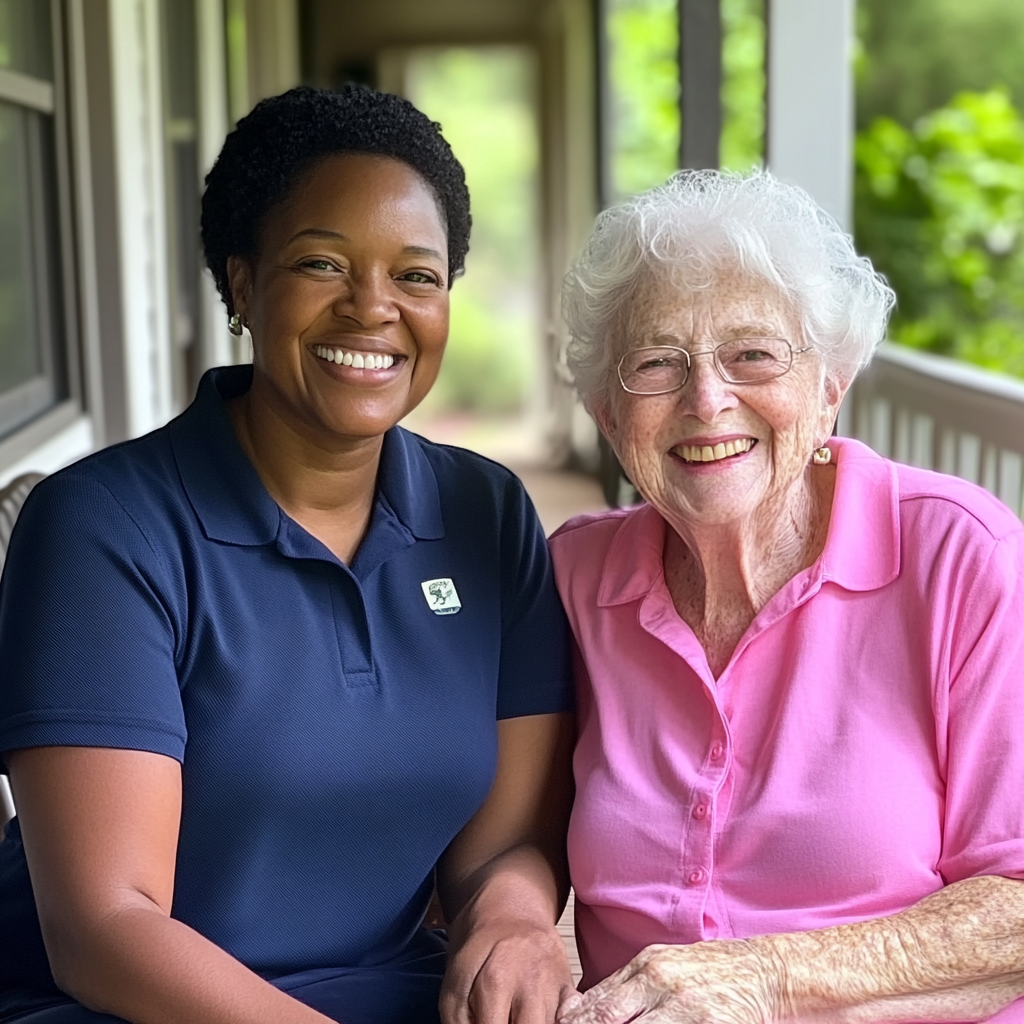Click to Call Today: 480-908-9733
A patient companion, also known as a hospital sitter or companion caregiver, is a healthcare professional or volunteer who provides companionship, emotional support, and assistance to patients, particularly during hospital stays or other healthcare appointments. They go beyond medical care by offering comfort, encouragement, and help with daily activities, contributing to a more holistic healthcare experience. Here’s a more detailed look at what a patient companion does: • Companionship and Emotional Support: They offer a listening ear, friendly conversation, and a sense of security, which can be especially helpful for patients who are feeling lonely, anxious, or overwhelmed. • Assistance with Daily Activities: They may help with activities of daily living (ADLs) like eating, dressing, or personal hygiene, or with tasks like writing letters or going to the post office. • Facilitating Communication: They can help patients navigate the healthcare system, take notes during appointments, and remember questions to ask doctors. • Observation and Safety: Some patient companions, particularly in hospital settings, may be responsible for observing patients and reporting on their condition to healthcare professionals, ensuring patient safety. • Providing a Sense of Security: They can be particularly helpful for patients who are alone, disabled, or have phobias of medical settings. • Volunteering and Paid Positions: Patient companions can be volunteers, as in the SeniorAge Patient Companion Program, or paid employees, as in the case of hospital sitters or companion caregivers.
